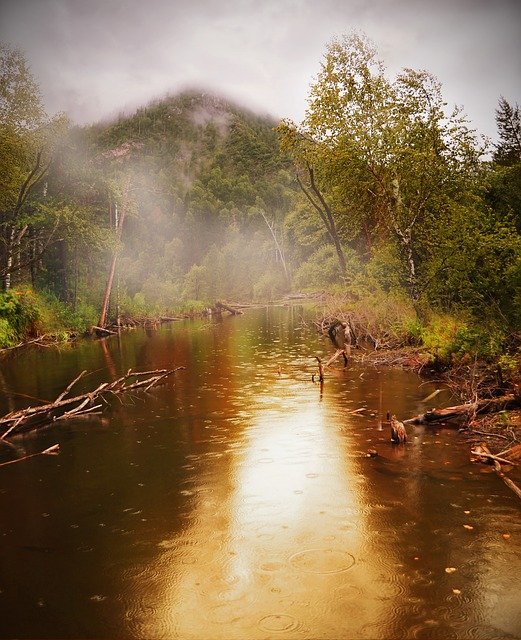Simulation Games in Education For Sustainable Development
A simulation is the representation or reproduction of physical, technical, biological, psychological or economic processes using mathematical or physical models that allow a realistic, but simpler, cheaper or less dangerous investigation than the original. Simulations can serve scientific purposes. In climate research, insights into the future course of climate change are obtained by first designing scenarios, for example for social (political, economic, technical …) development and then “calculating” the effects on the climate in simulations. However, simulations can also be used in education. After all, simulations can – as a game – serve for fun. Find simulation games from WorldBox – the best God sim sand box game.
Game-Based Learning in Education
Playing is an activity that is carried out for the pleasure of executing or succeeding.
A simulation game is understood here to mean any game that is based on a simulation. The constituent feature is a mathematical model that reflects the real world or parts of it. Simulation games challenge players to solve complex problems in realistic systems. Simulation games can come in different forms:
- from simple game systems in which a few parameters are calculated manually to complex game systems that require the use of computers
- from games for a single player (usually computer-aided) to games with several dozen participants (possibly with the formation of teams)
- from games with a classic game plan (to visualize relevant facts) to games with other utensils to purely computer-aided games.
- from a didactic point of view, simulation games are related to business games, but they do not require a mathematical model.
Simulation Games for Young People and Adults
FishbanksLtd: In this simulation by Dennis Meadows, the participants face the challenge of using a living fund in the face of economic competition. Using the example of fishing on the world’s oceans, they get to know the problems of our current economy and strategies for sustainable development. In the simulation, they are initially part of (contributing to) these problems or users of sustainable strategies. In the subsequent reflection phase, they then structure their findings and connect them with the environment, for example with the real fishing industry or policy, nature and species protection, with their options for action as “consumers” or the question of how we communicate and cooperate would have to secure natural capital in the long term. In the original version, the system behavior is calculated on the computer, Apart from that, Fishbanks takes place predominantly in the interaction of the participants or between participants and the game master. There is also a significantly simplified German version that works without a computer (and without the licensed software). Both versions are suitable for groups of, for example, 20-25 participants; the version without a computer can also be played in smaller groups and with younger participants.
ecopolicy®: The classic by Frederic Vester is available as a board game and as a computer-aided game. The participants should govern a country sustainably, they have to manage departments such as economy, environment, social affairs and education and can distribute action points (which stand for money and other state intervention possibilities) to these departments. With a relatively simple game system (few parameters), challenging game situations can be created. A transparent design – especially in the case of the computer-aided version – enables insights behind the scenes and thus promotes the comparison of the simulated system with reality. The board game is designed for smaller groups (e.g. 4-6 participants), the computer-aided version can be played alone,
TriCO2lor. Pupils and teachers sit at a table and play the simulation game “TriCO2lor”; in the background other teachers and the game masterTriCO2olor: With this simulation by UCS Ulrich Creative Simulations, myclimate and Ökozentrum Langenbruck, the players buy the energy they need to live over a longer period of time. You can decide whether you want to consume fossil fuels, invest in energy efficiency or buy renewable energies. The decisions are made on the spot on the game board; the effects of these decisions on the atmosphere and climate are simulated in a computer system made available online. The players are divided into generations, the game set is designed for 4 generations with a maximum of 6 players each, and the decisions of the older generations have an impact on the following generations. This cleverly combines the use of natural capital and intergenerational justice. However, the game also has significant weaknesses, including data management.

